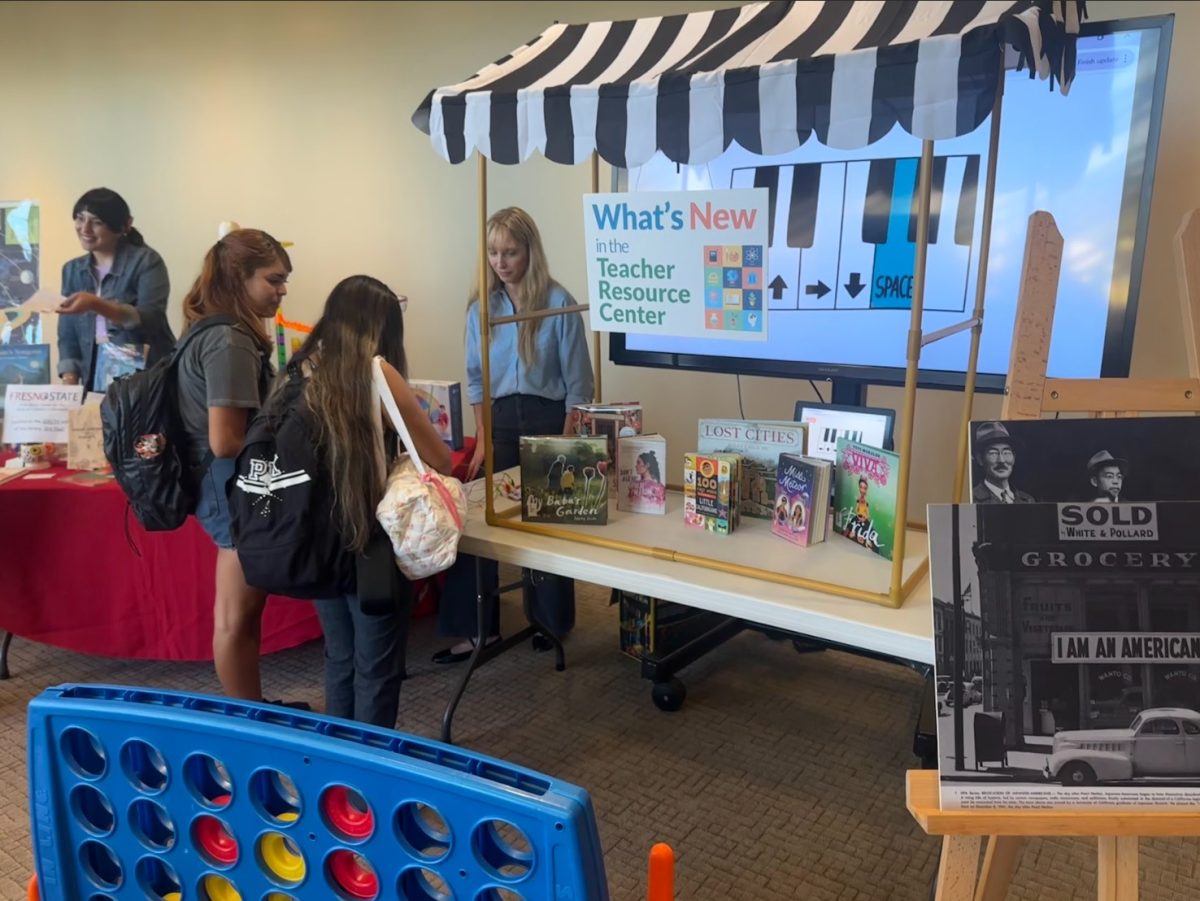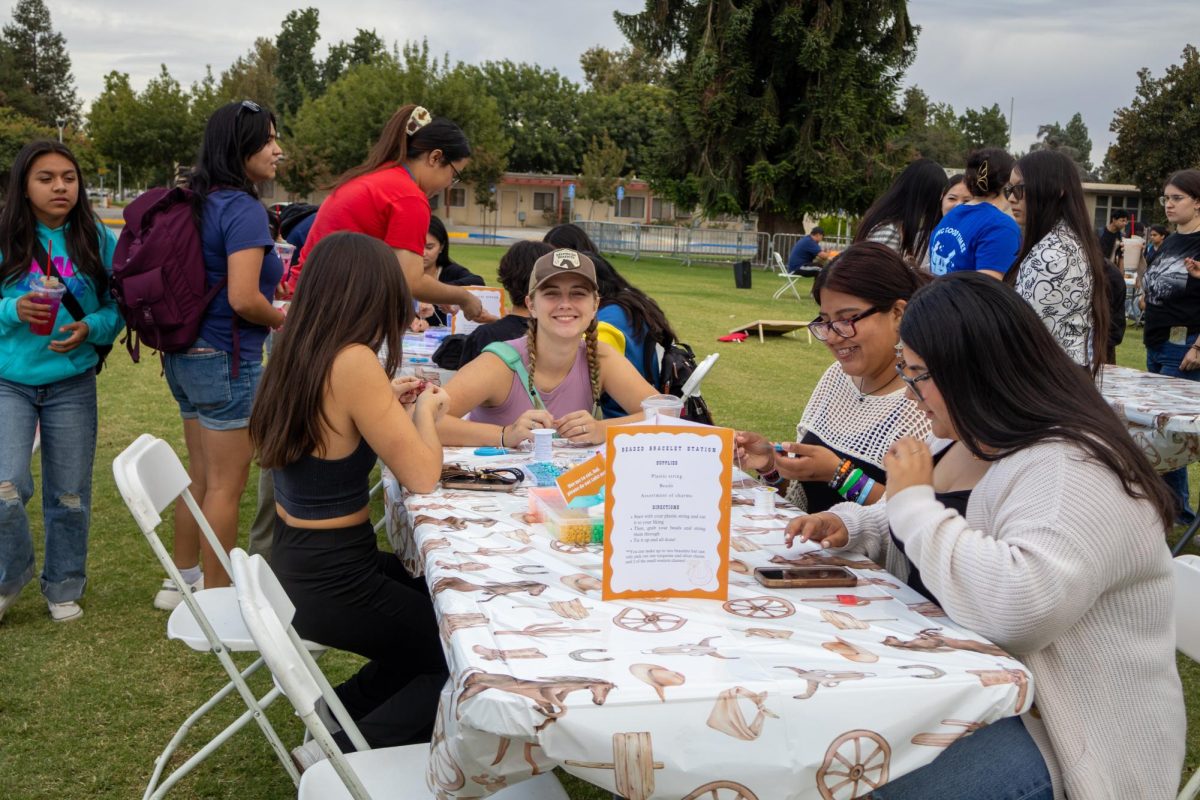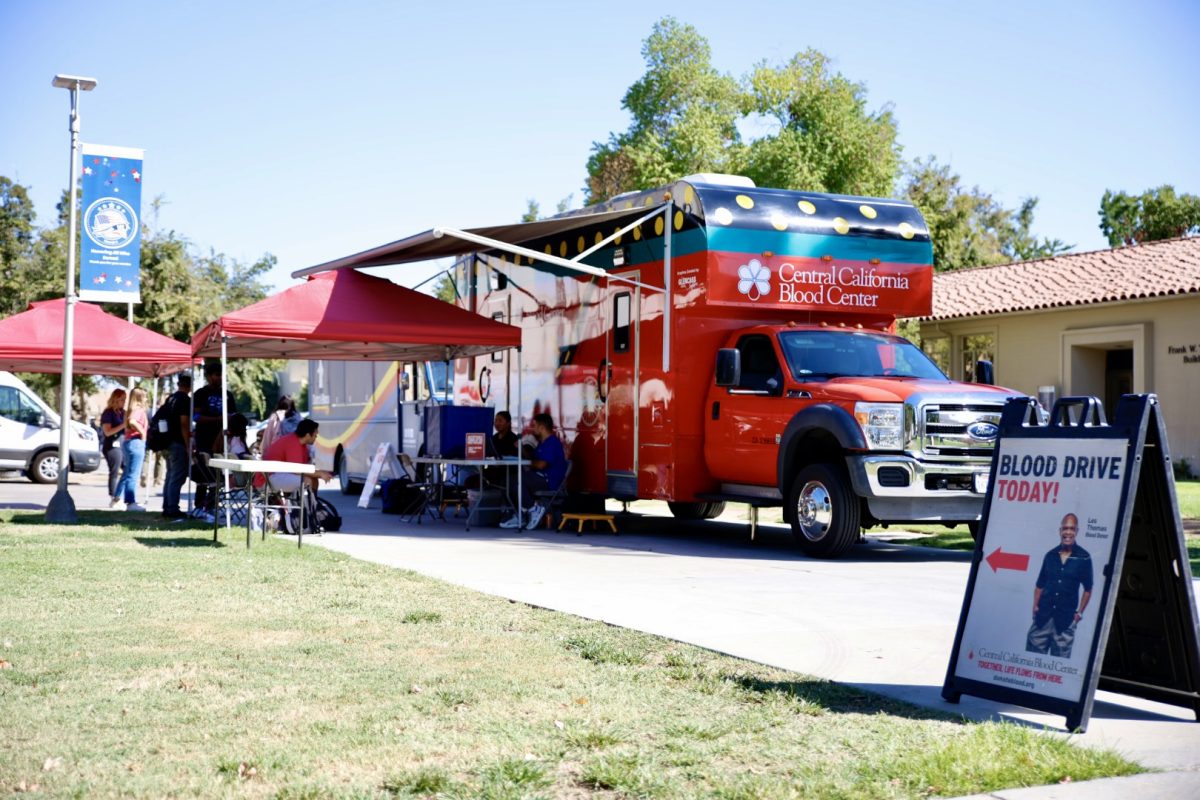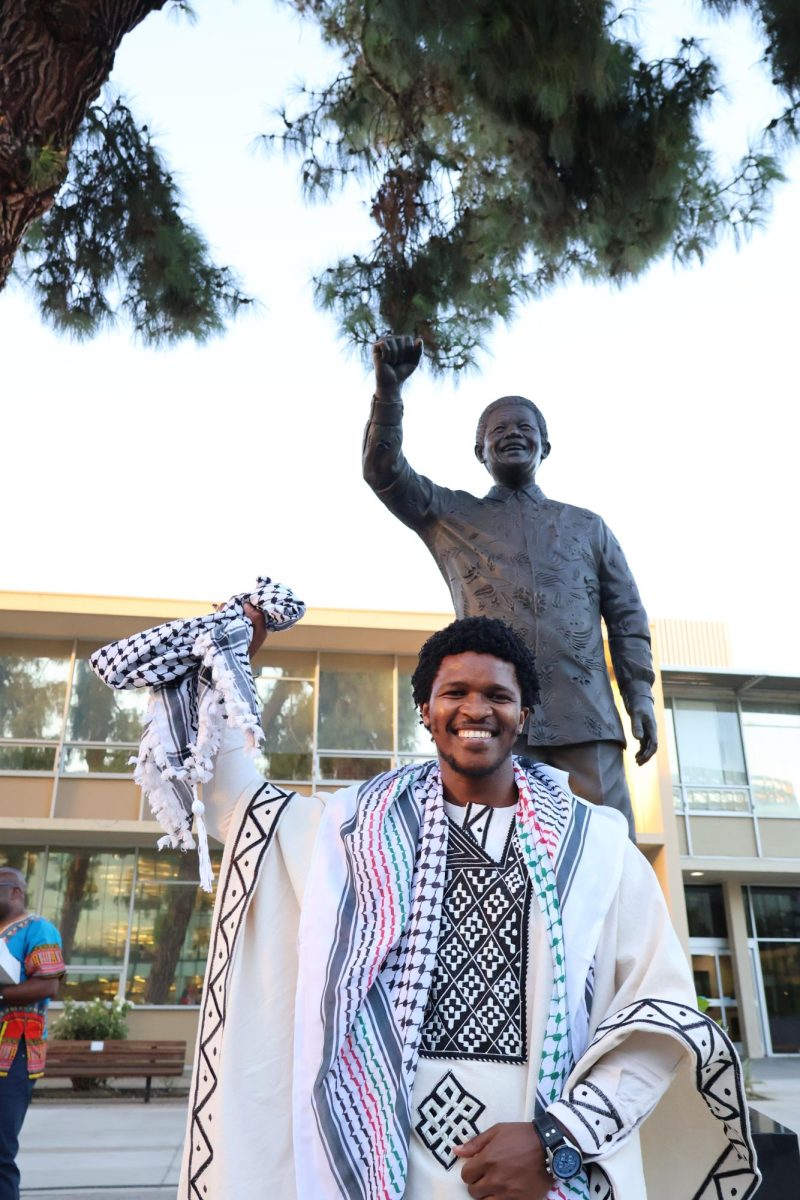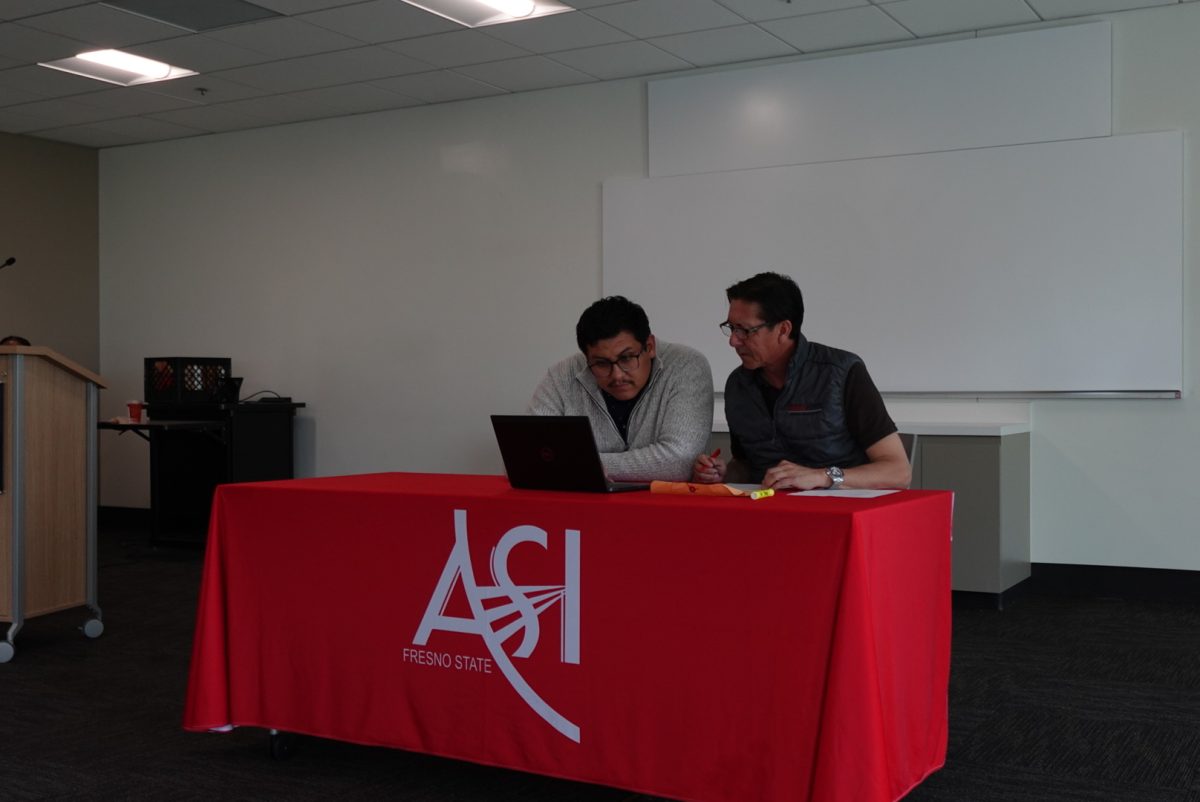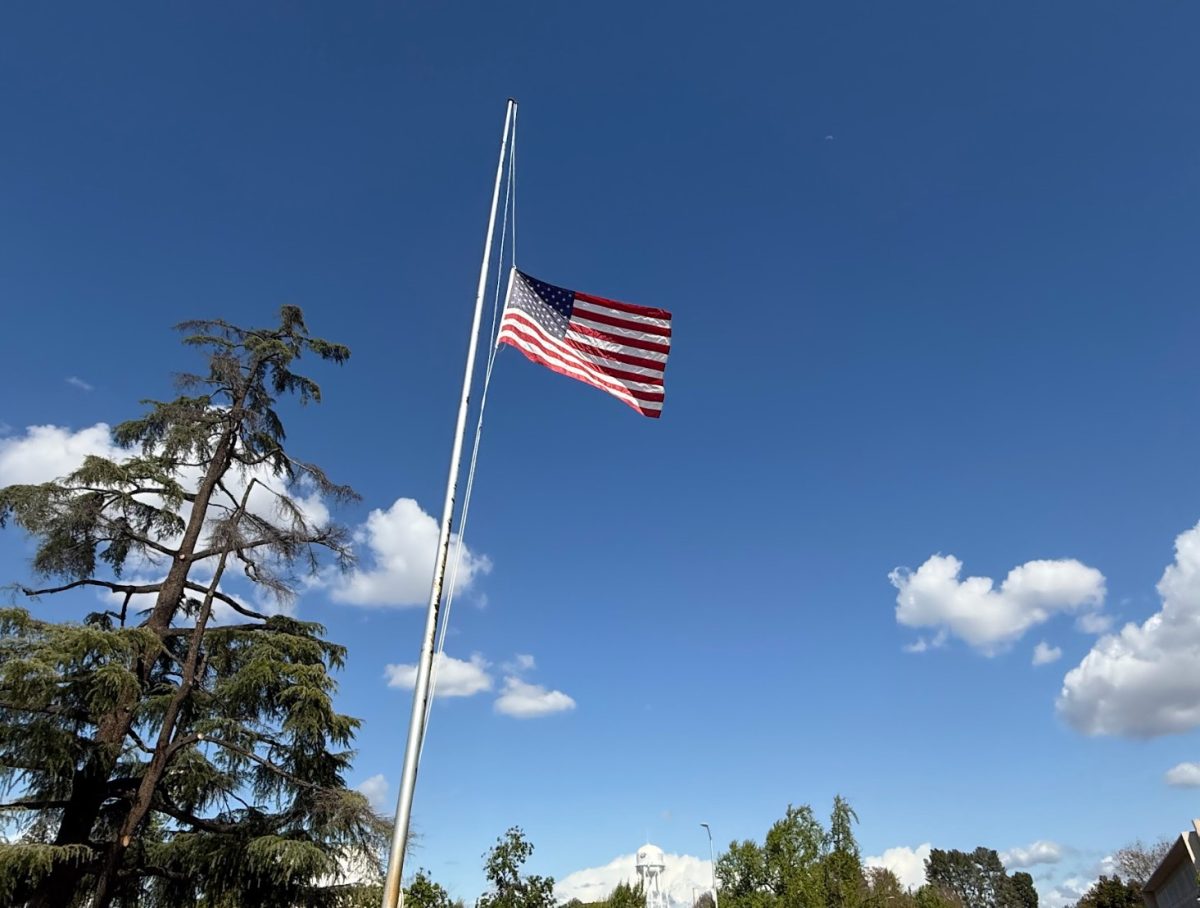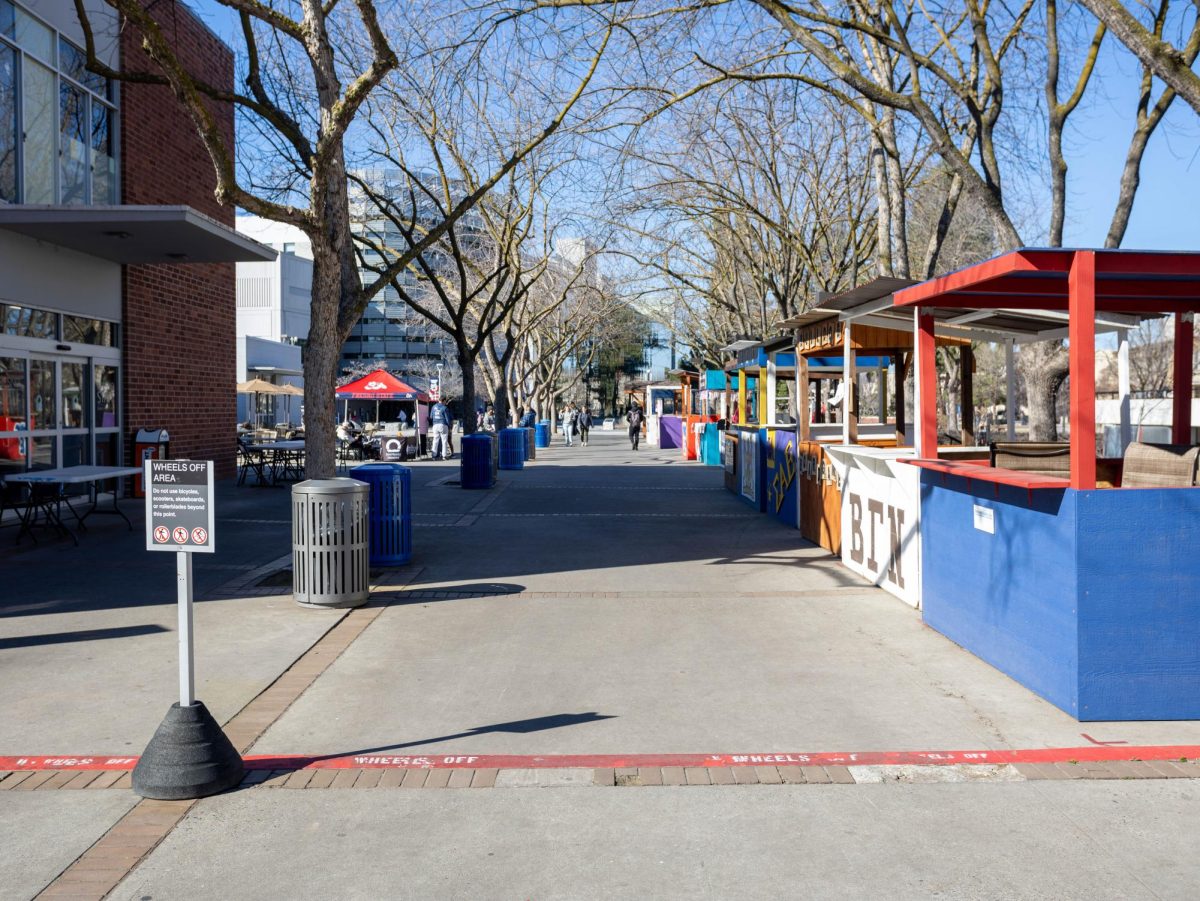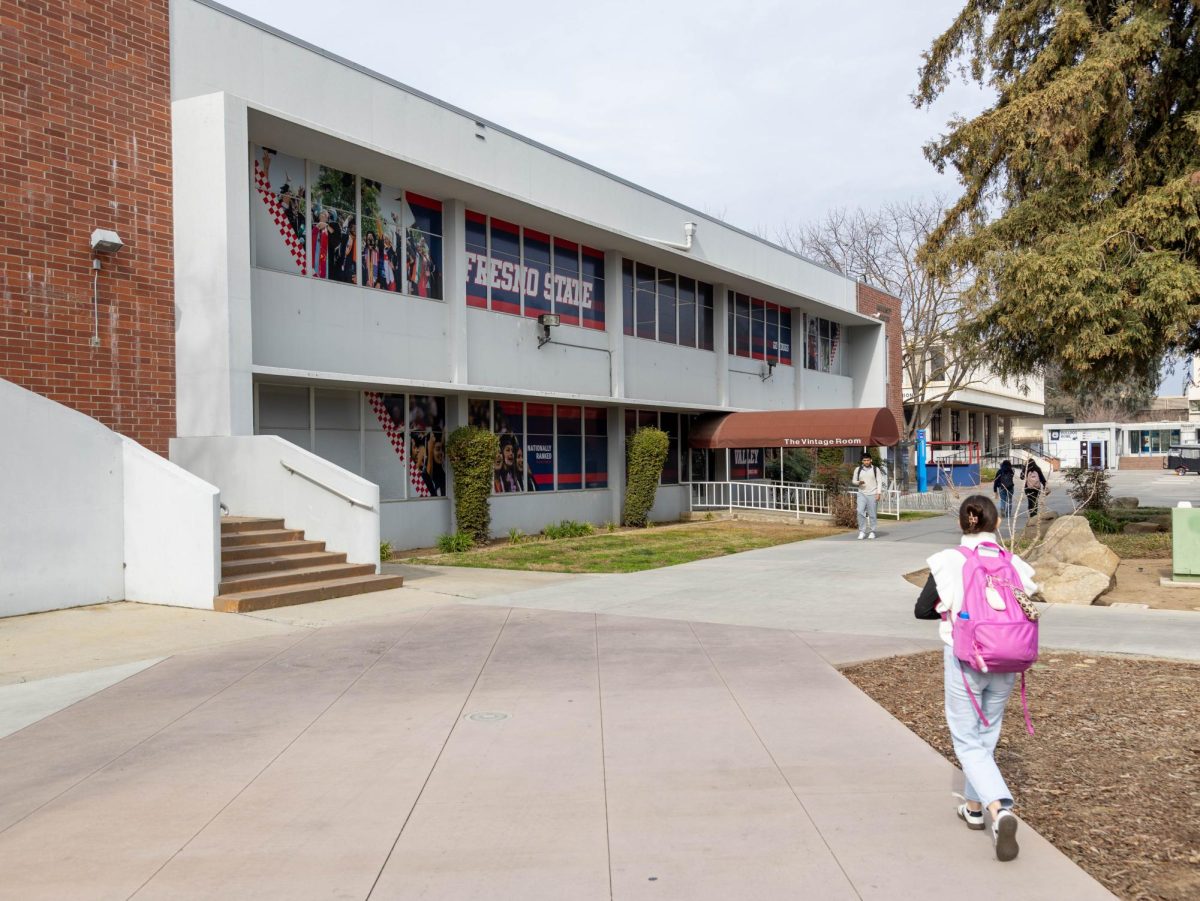As college tuition and living costs continue to rise, students at Fresno State are finding strategic ways to manage finances and make the most of limited budgets.
“The average cost of food per month for a college student is $673,” said Melani Hanson, senior editor for the Education Data Initiative. “While meals cooked at home average $263 a month when the cost of eating off-campus is included.”
Jesse Bautista, a Fresno State freshman majoring in exercise science, has developed a strategy for saving on groceries.
“Meal prepping is a game-changer,” Bautista said. “I plan my meals for the week, buy in bulk and cook everything in advance. It’s healthier and cheaper than eating out.”
Bautista takes advantage of bulk pricing and membership benefits at stores like Costco and Sam’s Club, using their services to save on non-perishable items such as toiletries and cleaning supplies.
Students are also using technology to stretch their dollars. Cashback apps like Honey and Rakuten, can be used to check for student discounts before making purchases.
“It might seem like a small thing, but those discounts and cashback rewards really add up,” said Mateo Thompson, a junior majoring in finance.
Utilizing campus resources is another key way for saving money.
The university provides free access to various facilities, such as the Student Recreation Center for exercise, the Bulldog Pantry and the Amendola Family Student Cupboard for groceries, the Center for Essential Needs for financial assistance, computer labs for schoolwork and the Student Health and Counseling Center for medical, counseling and wellness services.
“Using campus resources helps me avoid extra spending on things like gym memberships and medical services,” said Alexi Reyes, a junior majoring in criminology.
Purchasing used textbooks and other essentials is also a common practice among students. Websites such as Chegg, Amazon and Facebook Marketplace offer affordable alternatives to new books. Fresno is also home to many affordable clothing and household items stores. Local spots include Yoshi’s Thrift Shop, Mad Monk Vintage, Neighborhood Thrift and Emerald Thrift.
Transportation costs are a concern for many students. To combat this, Fresno State has partnered with Fresno Area Express (FAX) to provide free bus rides for students traveling around Fresno and to campus. All students need for this service is their official student ID.
If students are located in Visalia, Vline transportation offers rides to and from Fresno. Student rates start at $9 dollars. Additionally, the Fresno HOP Trolley offers a free transportation option for exploring Fresno’s nightlife, It’s free to all riders.
Students can also find cost-effective options within the local community. The revitalized Tower District provides a variety of affordable dining and entertainment options. The area is known for its vibrant atmosphere and budget-friendly places to eat and socialize.
One of those places is Strummers, a concert hall, restaurant and bar that offers shows starting as low as $5.
“You don’t have to spend a lot to have a great time,” said Cesar Murrillo, a nursing alumni and Strummers regular.
Another way students can save is by visiting farmers markets around the city. Popular markets include the Cherry Auction, Fresno Flea Market and Old Town Vintage Market. Students can take advantage of lower prices for fresh produce and unique local goods available at these markets.
These budgeting strategies are crucial for students at Fresno State, helping them navigate financial challenges while making the most of college. These approaches not only ease financial stress but also enhance lifestyle.
“I don’t know how I would have survived without utilizing school and outside resources,” said Antonio Soria, a nursing alumnus.
As students grapple with rising costs and inflationary pressures, budget strategies like meal prepping, utilizing cashback apps, leveraging campus and community resources, and exploring local discounts prove invaluable.
Additionally, developing a comprehensive financial plan that includes setting aside emergency funds and tracking expenses can help students stay on top of their finances.
These approaches not only ease financial strain but also enhance the college experience, allowing students to focus more on their studies and personal growth rather than financial worries.







